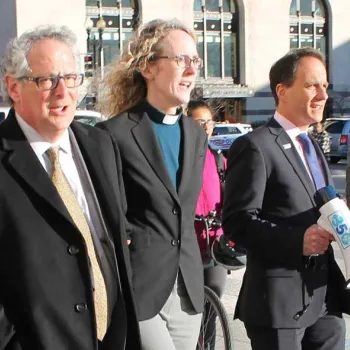Reproductive Rights

Reproductive Rights
Decisions involving reproductive rights are highly personal and often informed by faith. The General Assembly of the Presbyterian Church (U.S.A.) declared in 1970 that abortion “is a matter of careful ethical decision” by each person and “should not be restricted by law.”
Just days after the U.S. Supreme Court issued its ruling striking down Roe v. Wade in 2022, the General Assembly passed a resolution affirming “that women and pregnant people are full moral agents, created in the image of God. Recognizing that God alone is Lord of the conscience, we support their moral capacity to decide whether to continue or end any given pregnancy.”
That same General Assembly approved a report examining Disparities Experienced by Black Women and Girls, which directly addresses reproductive justice, including “the right to have a child, the right to parent a child in a safe and healthy environment, and the right to have access to needed resources, including quality medical care and a living wage.”
The assembly also has acknowledged that reproductive health extends beyond abortion, supporting access to contraceptive care and recognizing “that Christian moral and ethical concerns about abortion should be considered within broader conversations about human sexuality, fertility, reproduction, contraceptives, and parenting.”



